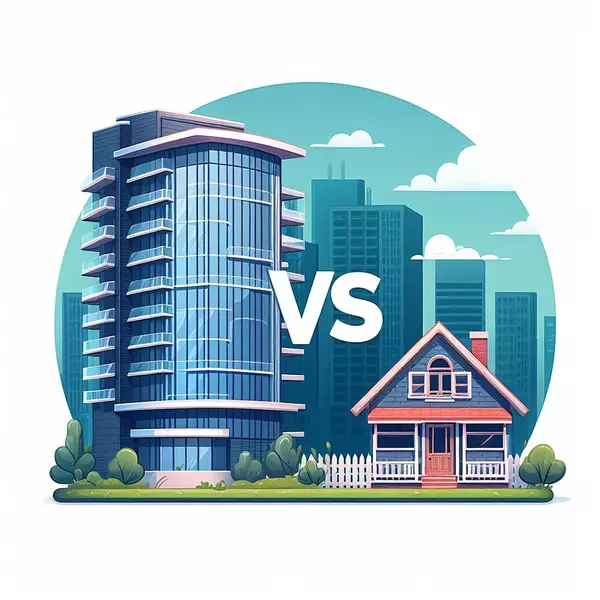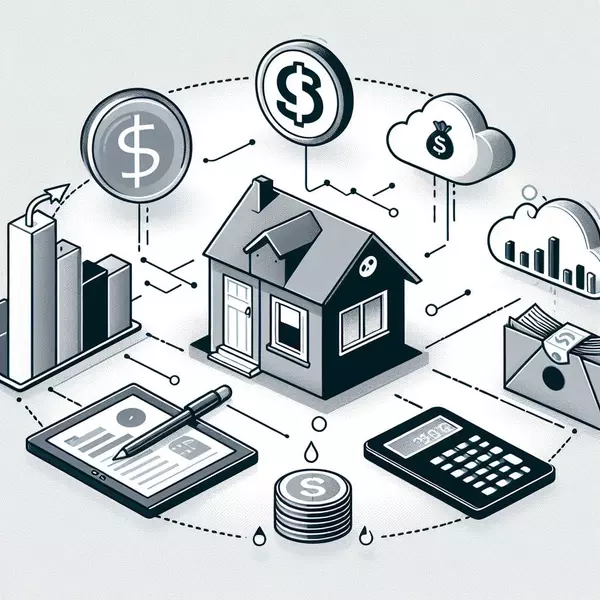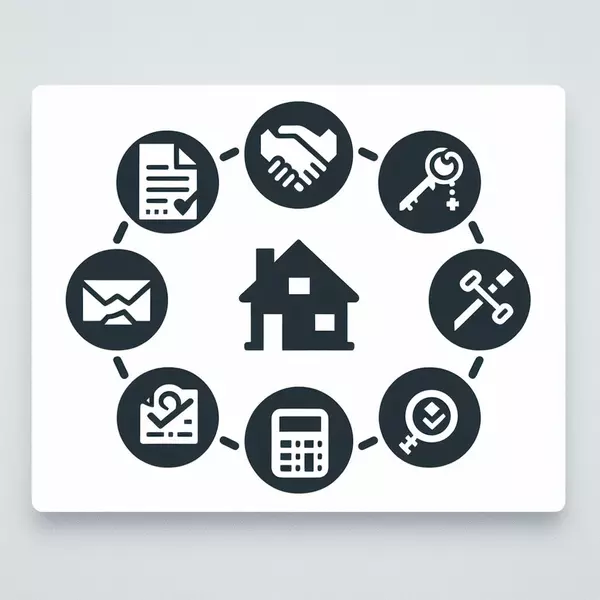What Trump Tariffs Mean for the Real Estate Market
by Daniel
What Trump Tariffs Could Mean for Everyday Real Estate Owners, Buyers, Sellers, and Renters
By Daniel J.
With talks of Donald Trump potentially bringing back tariffs—especially on goods from China—many of us are left wondering how this could affect our day-to-day lives. While tariffs might sound like something that only affects global trade or big business, they actually have real implications for anyone involved in real estate—whether you're a homeowner, landlord, renter, or first-time buyer.
So, what exactly could new or increased tariffs mean for people like us?
🏠 If You’re a Homeowner
If you’ve been thinking about renovating your kitchen, updating the bathroom, or doing any kind of home improvement, tariffs could make those projects more expensive. Why?
Many of the materials we use in our homes—like tiles, flooring, cabinets, countertops, and appliances—are imported. If tariffs are placed on those items, the cost to buy them goes up, and that trickles down to your contractor’s quote.
Bottom line: If you’re planning a renovation, you might want to lock in estimates and materials now before prices rise. Or be prepared to adjust your budget.
🏡 If You’re Looking to Buy a Home
Tariffs can drive up construction costs, which may slow down the building of new homes—especially more affordable, entry-level options. That means:
-
Less inventory in an already tight housing market
-
Higher prices for newly built homes
-
Potential competition over existing homes (which could drive up prices)
Also, if tariffs spark inflation, mortgage rates could rise too. Higher rates + higher prices = reduced affordability.
Bottom line: If you’ve been waiting on the sidelines, it might be worth revisiting your plan sooner rather than later.
🏘️ If You’re a Seller
In a market where construction costs are rising and new inventory is tightening, well-maintained existing homes become more attractive. If you’re selling:
-
You may benefit from increased buyer demand
-
Highlight move-in-ready features—especially if buyers are hesitant to take on expensive renovations
-
Pricing will still matter, but your home could stand out more against limited new supply
Bottom line: Rising costs could work in your favor if you're strategic with timing and marketing.
🏠💼 If You’re a Small-Scale Investor or Landlord
As a local investor or landlord, you’re probably keeping a close eye on costs. Tariffs could affect you in a few ways:
-
Higher repair and maintenance costs—especially if you're rehabbing units or doing capital improvements
-
Delays in materials if suppliers get backed up or raise prices
-
Potential rent increases as landlords adjust to rising expenses—but with limits depending on market tolerance
Also, if interest rates rise, financing your next property might be more expensive, so underwriting conservatively becomes even more important.
Bottom line: Expect some cost pressure, but also potential upside if housing supply tightens and rents continue to climb.
🧍♂️ If You’re a Renter
Rising construction and material costs could slow down the delivery of new rental units, especially in fast-growing markets. At the same time, landlords facing higher operating costs may pass some of that onto tenants where they can.
Bottom line: Rent increases may continue, especially in competitive urban and suburban areas. It might be a good time to negotiate lease terms or consider longer renewals to lock in today’s rates.
Final Thoughts
Tariffs may seem far removed from our daily lives, but they can influence everything from your monthly rent to your renovation budget and home financing options. Whether or not Trump’s tariff proposals move forward, staying informed helps you make better decisions for your home and financial future.
If you have questions about how broader economic trends could affect your specific real estate goals, I’m always here to help.
Categories
Recent Posts







